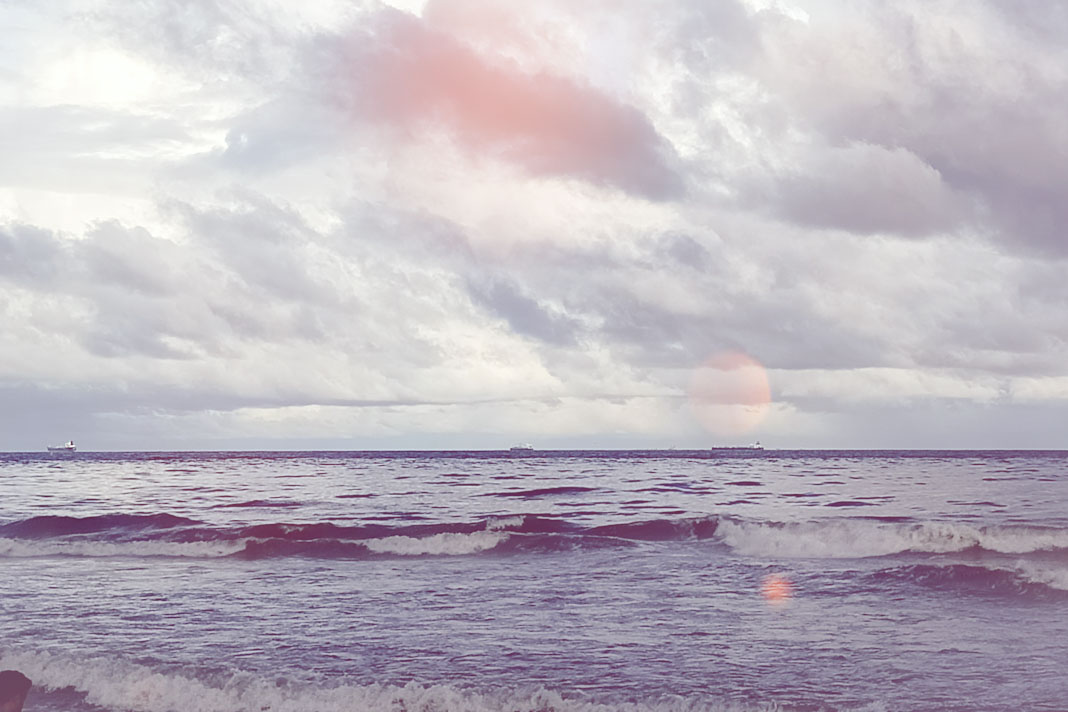
- Researchers at UC Santa Barbara found that digital queueing systems for container ships can reduce GHG emissions by 16–24%.
- The intervention is low-cost, uses existing technology, and can be implemented quickly.
- By assigning berthing slots based on departure times rather than arrival, ships can sail at slower, fuel-efficient speeds.
- The system reduces both fuel consumption and port congestion.
Context & Findings
The maritime shipping sector, responsible for around 3% of global GHG emissions, traditionally operates on a “first-come, first-served” berthing system, leading to fuel-intensive voyages and idle time at ports. During the COVID-19 pandemic, congestion at the Ports of Los Angeles and Long Beach prompted the introduction of a digital queueing system developed by Pacific Maritime Management Systems (PacMMS).
Under this system, ships receive berth assignments based on departure times from previous ports, eliminating the need to rush. Analysis of 47 million nautical miles across 10,000 voyages from 2017–2023 shows this change led to substantial emission reductions by promoting slower, fuel-efficient sailing speeds.
Key Insights
- CO₂ emissions decreased by 16–24% per voyage after implementing the system.
- Slower vessel speeds also reduce the risk of ship-whale collisions, benefiting marine ecosystems.
- The system was implemented within one month at one of the world’s busiest port complexes, proving its scalability and feasibility.
- A marginal reduction in average speed from 18 to 17 knots could further cut CO₂ emissions by an additional 9% (~308,000 tons).
Broader Impact & Recommendations
Researchers advocate for global adoption of digital queueing as a cost-effective method to modernize port operations while contributing to climate goals. The system also supports resilience during port disruptions and aligns with broader digitization trends in logistics and AI-integrated supply chains.
Contributors
The study involved experts from UCSB, NOAA, the Channel Islands National Marine Sanctuary, Marine Exchanges of Alaska and Southern California, California Marine Sanctuary Foundation, and Global Fishing Watch.
Did you subscribe to our daily Newsletter?
It’s Free Click here to Subscribe!
Source: UCSB Marine Science Institute
















